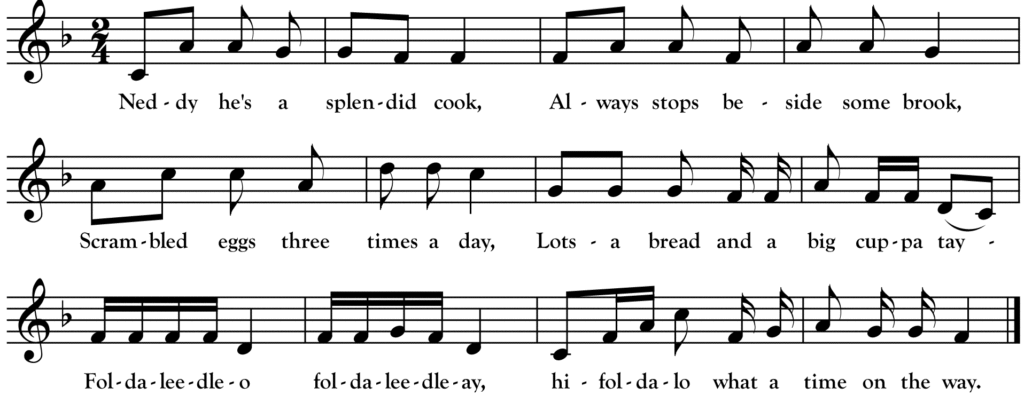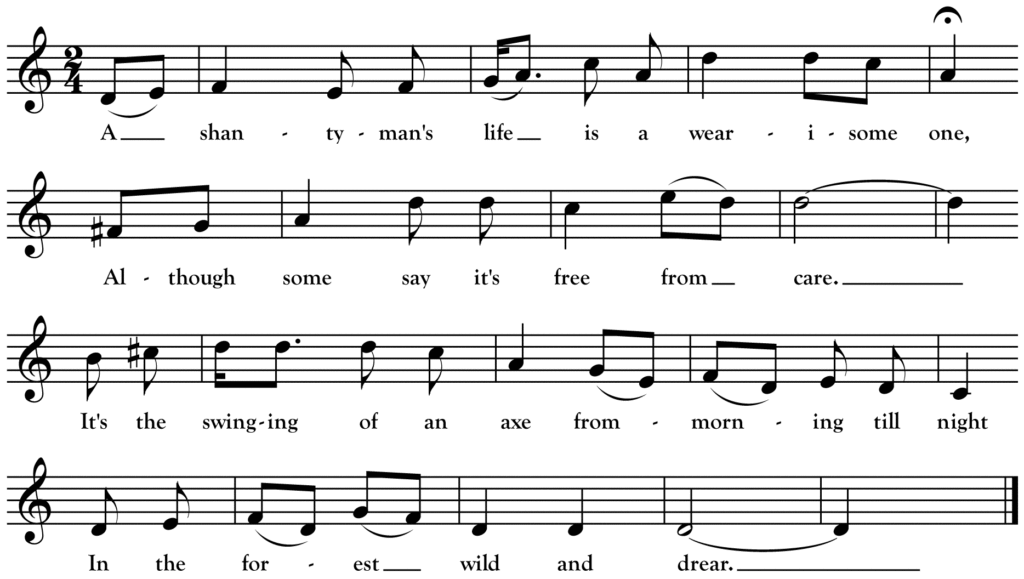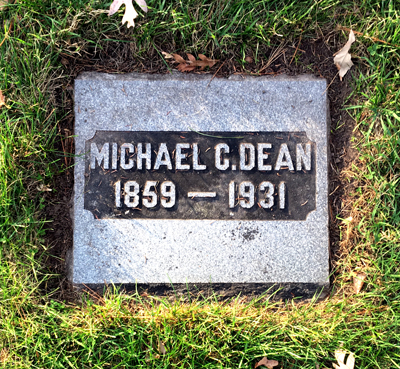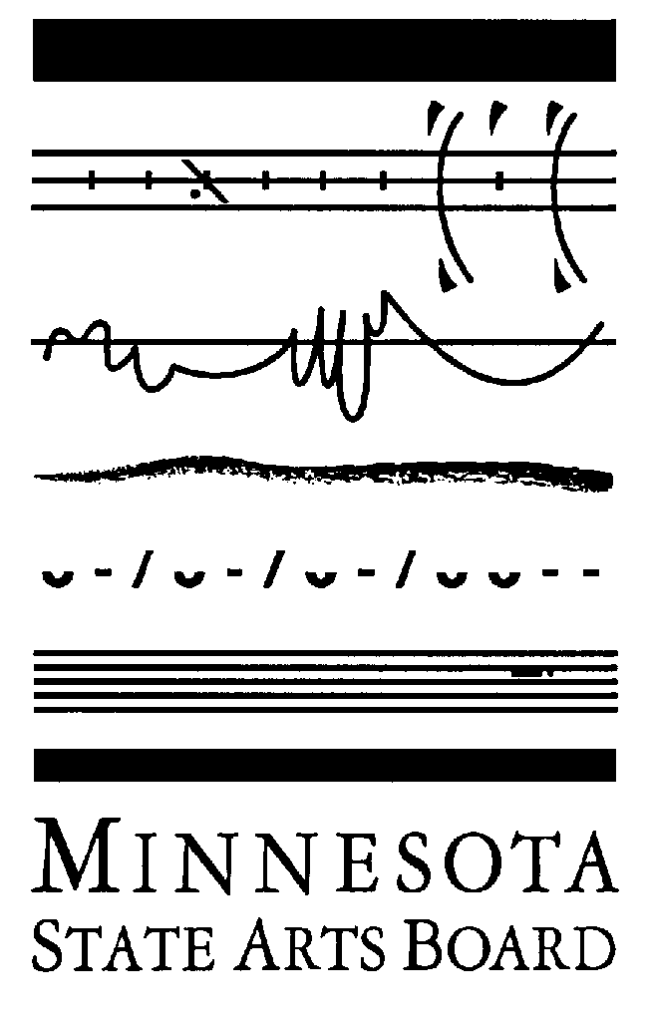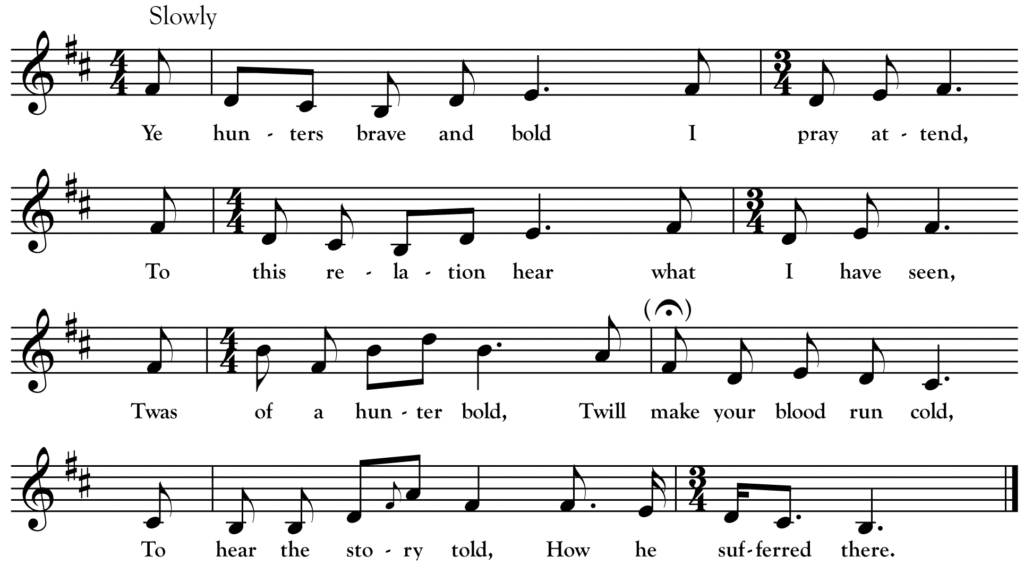What a Time on the Way (Revisited)
Now that the harvest days are through,
To old D-kotey we will bid you adieu,
Back to the jack pines we will go,
To haul these saw logs in the snow.
Fol-da-lee-dle-o, fol-da-lee-dle-ay,
Hi-fol-da-lo, what a time on the way.
Now you might say that we felt big,
We were in a silver mounted rig,
For Akeley town we hoisted our sails,
They all thought we were the Prince of Wales.
Neddy he’s a splendid cook,
Always stops beside some brook,
Scrambled eggs three times a day,
Lotsa bread and a big cuppa tay.
We jogged along til we came through,
There we met with the rest of the crew,
Handsome boys both young and stout,
The pick of the town there is no doubt.
Into the buggy we jerked our boots,
You can bet our teamster fed long oats,
As to the camp we drove along,
We all joined up in a sing song.
We stayed all winter ‘til we got through,
And started home with the same old crew.
Now we’re home, we got our pay,
We think of the time that we had on the way.
——–
“What a Time on the Way” was one of only two songs Gordon recorded from Israel Lawrence Phillips (1883-1967) who lived near Akeley, Minnesota. Israel was the son of Reuben Phillips who was also recorded by Gordon.
Israel was the first of his farming family to come to Minnesota from Iowa around 1910. He settled south of Akeley near Chamberlain. The Red River Lumber Company, whose sawmill was in Akeley, was quite active at the time so it is likely that Israel worked for them in some capacity. The mention of heading back to haul “saw logs in the snow” after working on the harvest in “old D-kotey” matches the common practice of balancing seasonal harvest work in the Dakotas with a winter job in the pineries of northern Minnesota. Lumberjack Ed Springstead of Bemidji told Franz Rickaby in 1923 that “Harvesting in Dakota was about as common a practice for the lumber jacks… …as lumbering in the winter for the farmer boys.”
Like most songs in the collection, Gordon only recorded two verses of Phillips’ version. Unlike most other songs Gordon collected, he unfortunately did not obtain a manuscript version to flesh out the full text. I featured Gordon’s two verse fragment (verses one and three above) in the October 2013 Northwoods Songs. To create the longer version above, I adapted some verses from similar songs collected in Ontario by Edith Fowke.
Special thanks to everyone that has supported The Lost Forty Project this year! Please consider taking the Minnesota Folksong Challenge and learning a song yourself!

